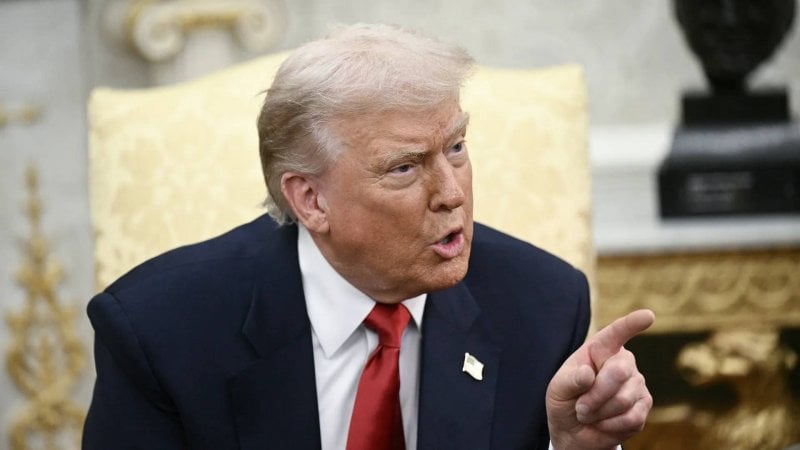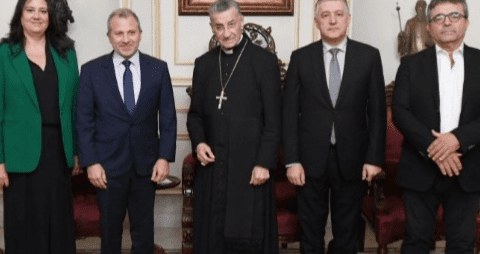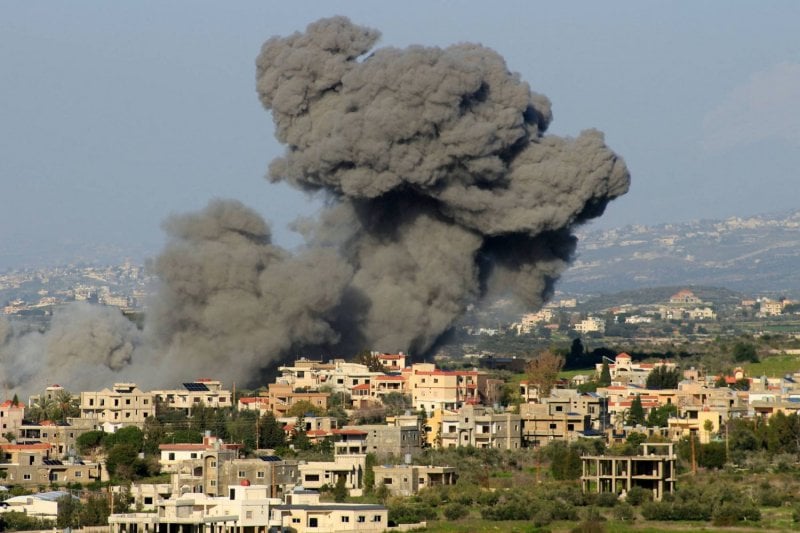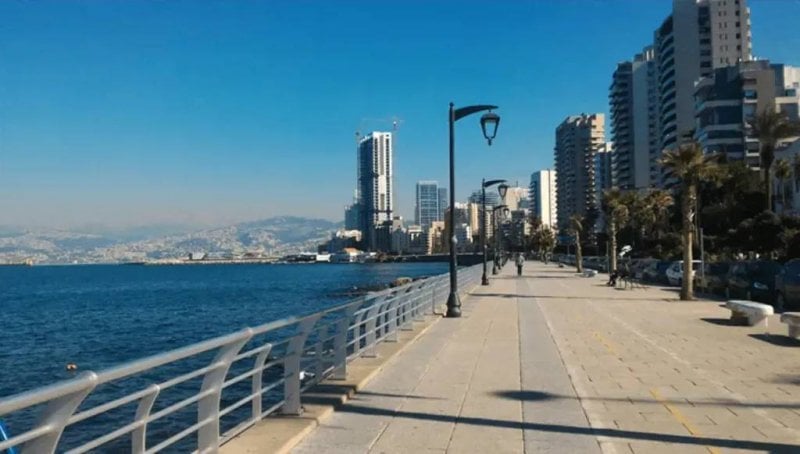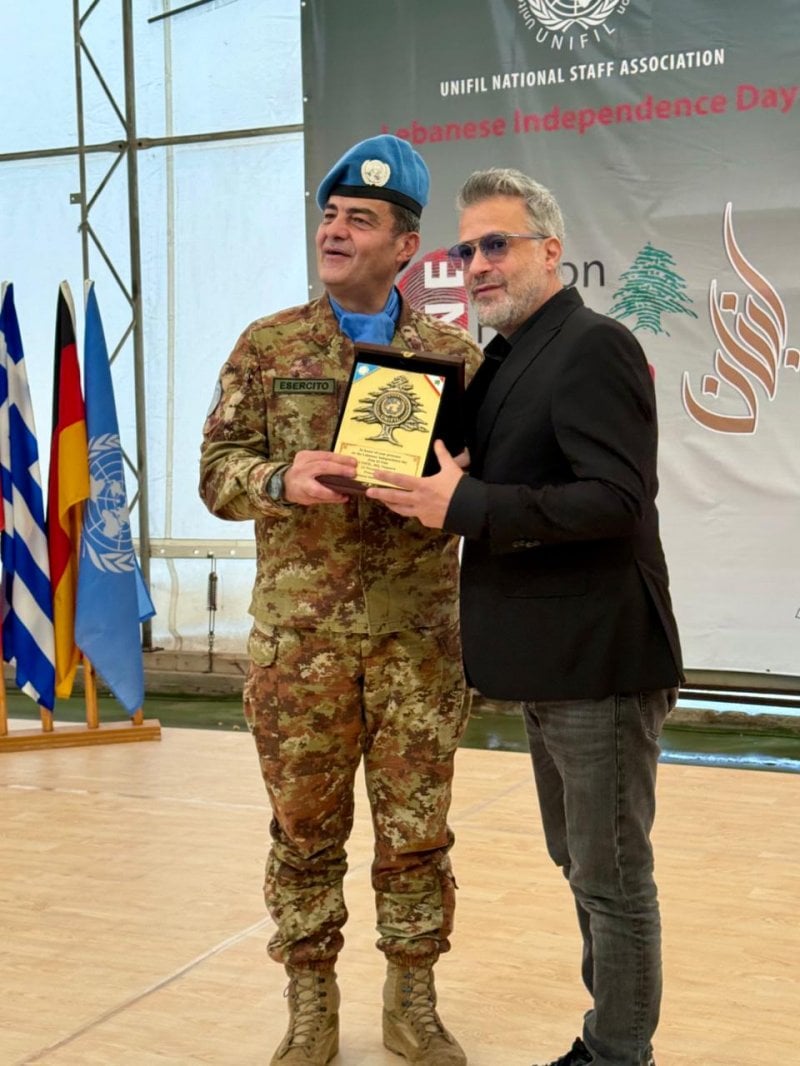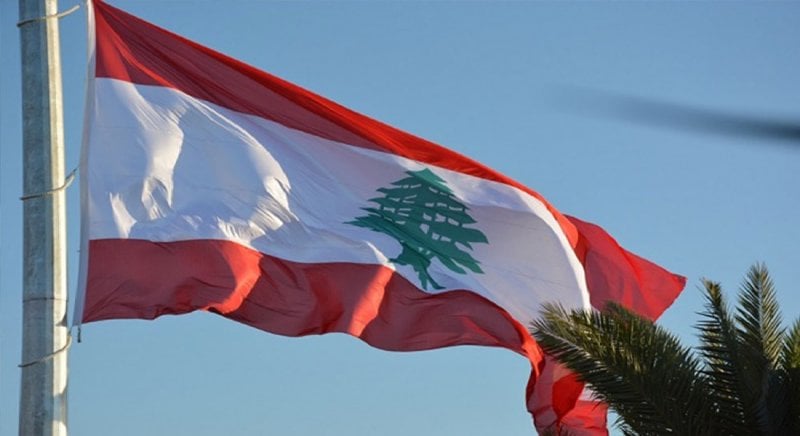
The “First Coordination Meeting Towards Reconstruction” is scheduled to take place at ten o’clock next Tuesday morning, at the Nabih Berri Cultural Complex in Al-Musaylih. Choosing this title and this location carries clear indications and messages for those concerned, especially in light of the difficult security conditions due to the continuation of the Israeli aggression, and the tense internal political atmosphere that is witnessing a sharp attack on the “duo” by some local forces under the pretext of restricting weapons. These forces are exploiting Israel’s success in directing harsh blows to the resistance, and are taking advantage of this situation in an attempt to undermine the popularity of the “duo” in its environment.
But the most important question that arises is: What is the importance of this meeting in light of the Israeli rejection of reconstruction, and the agreement of Arab and Western countries with American and Israeli pressures aimed at preventing reconstruction before handing over weapons? What are the possible reconstruction mechanisms, what are the parties participating in this meeting, and what messages does it carry?
Sources from the Amal Movement confirm to that the movement aims to help citizens and the government at the same time, based on the government’s commitment to reconstruction.
Regarding how to achieve this goal, the sources indicate that the government has a plan that includes allocating $250 million from the World Bank to rehabilitate the infrastructure. This means that work must begin, especially since citizens have not yet seen any seriousness, whether with regard to infrastructure or the rebuilding of homes.
The sources add: “What is required is not to say that things need 10 or 15 billion dollars, but what is required is that we start from somewhere,” and this indicates that the meeting aims to send a clear message to the government of the need to deal seriously with this file, as the responsibility rests on everyone, and the meeting embodies the principle of partnership between various parties in order to begin the reconstruction process.
As for the parties participating in the meeting, the sources reveal the presence of a number of concerned ministers from the Ministries of Finance, Public Works, Environment, Agriculture and Health, in addition to representatives of parliamentary blocs, the United Nations, “UNIFIL,” the governors of the South and Nabatieh, heads of municipal unions, and a representative of the army leadership.
Regarding the choice of Al-Musaylih as the location for the meeting, and whether this carries a specific message after the attacks that the region witnessed, the sources explain that this choice is due to the nature of the cultural complex, which is characterized by its average geographical location that facilitates access for everyone. This file also receives great attention from the Speaker of Parliament, Nabih Berri, as he is a representative of the region, and because reconstruction is a priority for him.
For its part, sources familiar with the atmosphere of Hezbollah believe that the aim of the meeting is to move this file and urge the state to put in place the necessary decrees and laws for reconstruction, and to determine the compensation mechanism and its value. They point to the existence of ready-made funds, including a loan of $250 million from the World Bank, $100 million from the Paris Conference, and $20 million from Iraq, which means that financial resources are available that can be started immediately.
The sources believe that when the necessary legal and administrative infrastructure is prepared, the reconstruction process will begin towards actual implementation. However, the sources do not deny the existence of a problem related to the state’s lack of seriousness, noting that President Berri took this step with the aim of activating this file and bringing it out of its stalemate.
The sources add that the Israeli enemy is hindering reconstruction in the front-line border villages, but work must begin in the areas where work can be done, such as the Bekaa, the suburbs, Beirut, or other places targeted by the aggression during the war, and even in the north and some villages south of the Litani River.
The sources consider that this meeting represents a strong impetus to move the file, give it the necessary momentum, and highlight its importance.
As for the possibility that the government may have received indications of a large-scale Israeli attack that would prompt it to delay this matter, the sources do not believe that this is related to any specific indicators, confirming that “Israel is continuing its war, so what does a major war mean more than what exists today?”



